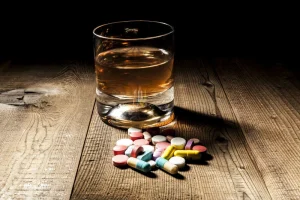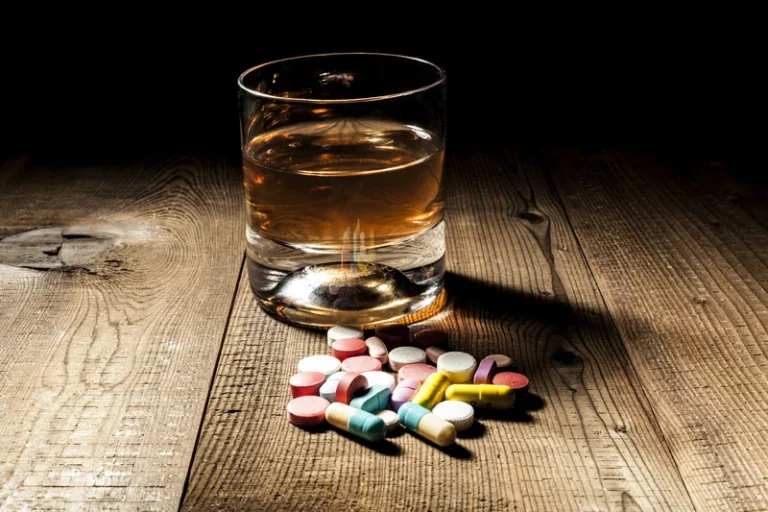
In this video, Dr. Bobby Lazzara explains the potential benefits of alcohol for your heart and emphasizes the importance of moderation. Consuming moderate amounts of certain types of alcohol, such as wine, has shown some benefits. However, it is important to note that many studies making these claims are inconclusive.
Possible Health Benefits of Alcohol

The Centers for Disease Control and Prevention (CDC) has created public health guidelines for U.S. adults. Too much alcohol consumption can lead to a variety of health problems, and the risks to your health and safety increase along with the amount you drink. Extreme binge drinking, also known as high-intensity drinking, refers to drinking at levels far beyond the binge threshold, resulting in high peak blood alcohol concentrations. Unfortunately, you won’t get quite as many health-promoting antioxidants. “White wine does have antioxidants, but they are not as strong, so it does not have the same beneficial heart effects as red wine has,” says Gould.

Life Work

Also the clone can play a role, as reported in a pot trial or in the vineyard 14. Cooler compared to warmer conditions during ripening time increase resveratrol berry concentrations, as does higher vineyard elevation 15. Scheller noted that this aligns with recent changes in alcohol consumption guidelines, such as Canada’s revised recommendations in 2022 and updates from the WHO. This was meant to maintain the focus on people who drank occasionally, and who the authors classified as “low-” or “moderate-risk” drinkers. Heavy drinking, according to the Substance Abuse and Mental Health Services what is Oxford House Administration (SAMHSA), is binge drinking on five or more days within one month. NIAAA research indicates that only about 2 percent of people who drink within these limits have alcohol use disorder.
Find healthy ways to manage stress.
This narrative review aims to re-evaluate the relationship between the type of alcoholic drink and the dose and the reduction or increase in the risk of various diseases, in the light of the most current scientific evidence. In particular, the correlation with cardiovascular pathologies, type 2 diabetes, neurological degenerative diseases and longevity was analyzed. Furthermore, particular attention was paid to the highly debated chapter on the correlation between alcohol/wine and cancer risk. The differences between wine and other alcoholic beverages were analyzed and the modulation of biochemical pathways and gene expression of wine bioactive components were carefully evaluated. This study provides scientific data to tailor the efforts in educating clinicians and the public about the relationship between wine consumption and favorable disease outcomes.
- According to Bavaresco et al. 11 resveratrol is present in a considerable higher amount in red wines than white wines because it is mainly present in the berry skin, and white wines are usually produced with no or limited maceration with the pomaces.
- These higher-quality studies found that low-volume drinkers appear to have a similar estimated mortality risk as those who do not drink at all, showing no longevity benefit from moderate alcohol consumption.
- Beer is a decent source of silicon, and silicon impacts bone mineral density.
- Additionally, while some analyses suggested reduced mortality risks for low-volume drinkers when controlling for smoking or socioeconomic status, the risk estimates were higher in non-smoking groups.
- Various studies have shown that resveratrol may prolong life span 139.
Binge drinking is behavior that raises blood alcohol levels to 0.08%. That usually means four or more drinks within two hours for women and five or more drinks within two hours for men. The bottom line moderate drinking is that alcohol is potentially addictive, can cause intoxication, and contributes to health problems and preventable deaths. If you already drink at low levels and continue to drink, risks for these issues appear to be low.
Moreover, as resveratrol activates SIRT1, it could interfere with myocardial fibrosis through the factor β (TGF-β)/Smad2/3 pathway 58, eliminating collagen synthesis and cardiac fibroblast differentiation 59. Resveratrol can protect from cardiac insufficiency and cardiac fibrosis, induced by high blood pressure, by inhibiting the PTEN/AKT/Smad2/3 and NF-kB signaling pathway, resulting in heart protection. In red wine, quercetin represents the main flavanol, and its concentration is approximatively 50 mg/L. Dietary flavonols’ beneficial effects have been related to their antioxidant properties, to the activation of endogenous antioxidant mechanisms and to the upregulation of nitric oxide synthase (NOS) expression. Moreover, quercetin has been demonstrated to counteract and decrease inflammation; it inhibits the nuclear translocation of nuclear factor kappa-B (NF-kB) and reduces the expression of Toll-like receptors (TLR2 and TLR4) 36. It found that drinking moderately reduces stress, tension, self-consciousness and even depression.

Related Articles

Two alcoholic drinks per day is considered moderate drinking for men. The higher the alcohol content (ABV) of the beverage, the less you should drink. Alcohol is classified as carcinogenic to humans by the International Agency for Research on Cancer.
Furthermore, it has been demonstrated that red wine polyphenols can also regulate inflammation, reducing the risk of related diseases 36. Inflammation is a complex biological process characterized by the coordinated regulation of different sets of genes, such as chemokine C-C motif ligand 5 (CCL5). CCL5 is a chemotactic cytokine, generally called RANTES (regulated on activation, normal T cell expresser and secreted), which =https://ecosoberhouse.com/ plays several roles in inflammatory disease 82.






